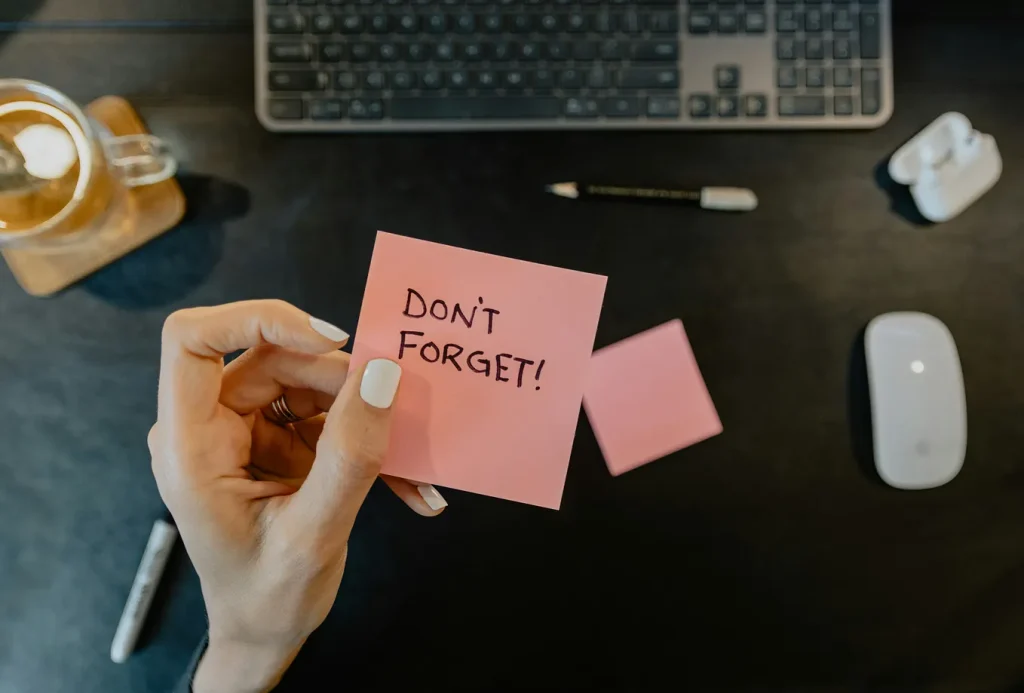Learning a new skill can feel overwhelming, especially when life is busy and time is limited. However, with the right approach and mindset, it is entirely possible to make significant progress in just 30 days. Whether you want to pick up a musical instrument, learn a new language, improve your cooking, or develop a professional skill, the key is to approach learning strategically. Here’s a step-by-step guide on how to learn a new skill in 30 days.
1. Set a Clear Goal

The first step in learning anything is defining what you want to achieve. Instead of having a vague goal like “learn guitar,” set a specific target: “I want to learn to play three songs on the guitar by the end of 30 days.” Specific goals provide direction and allow you to measure progress. Break your goal into smaller milestones for each week. For instance, Week 1 could focus on learning basic chords, Week 2 on transitions, and Week 3 on playing simple songs.
2. Choose the Right Skill for Your Timeframe
Not all skills can be mastered in 30 days, so it’s important to choose something achievable within that period. Focus on skills that have a clear structure and allow for incremental improvement. Skills like coding fundamentals, basic photography, drawing, public speaking, or cooking a set of recipes are more realistic than highly complex skills that require years of practice. The goal isn’t perfection—it’s meaningful progress.
3. Make a Daily Commitment

Consistency beats intensity when it comes to learning. Dedicate at least 30-60 minutes every day to your skill. It’s better to practice a little every day than to cram hours at once. Daily practice creates habits and reinforces learning. Schedule it into your day like an important appointment, and treat it as non-negotiable. Over 30 days, even small daily efforts add up to significant improvement.
4. Break It Down into Manageable Steps
Complex skills can feel intimidating if you try to learn everything at once. Break your skill into smaller, manageable chunks. For example, if you’re learning a language, focus first on the most common words and phrases. If you’re learning to draw, start with basic shapes and shading techniques. Each small step should build upon the previous one, making the learning process structured and achievable.
5. Use the Right Resources
Learning efficiently depends on having quality resources. Use online courses, tutorials, books, or apps designed for beginners. Platforms like YouTube, Udemy, Coursera, and Skillshare offer structured lessons that save time and guide your practice. Additionally, find resources that provide exercises and real-world applications, because active practice is far more effective than passive learning.
6. Practice Actively, Not Passively

Merely reading or watching tutorials won’t make you proficient. Active practice is key. If you’re learning a musical instrument, play along with songs. If you’re learning a language, speak and write, not just listen. If it’s coding, write code every day rather than just watching tutorials. Active engagement strengthens your skills and helps you retain what you learn.
7. Track Your Progress
Keep a journal or log of your daily practice. Write down what you learned, what was challenging, and what you achieved. Tracking progress is motivating and helps you identify areas that need improvement. By the end of 30 days, you’ll be able to see measurable results, which reinforces your confidence and commitment to continued learning.
8. Embrace Mistakes and Adjust
Learning anything new comes with mistakes, and that’s a good thing—it’s part of the process. Don’t be discouraged if you struggle at first. Instead, view mistakes as feedback and opportunities to adjust your approach. Experiment with different methods and find what works best for you.
9. Connect with Others
Joining a community of learners can accelerate your progress. Online forums, social media groups, or local classes provide support, accountability, and opportunities to share experiences. Feedback from others helps you improve faster and keeps you motivated.
10. Celebrate Achievements and Plan Beyond 30 Days
At the end of 30 days, take a moment to celebrate what you’ve accomplished. Reflect on how far you’ve come and identify the skills you’ve strengthened. Learning doesn’t have to stop here. Use your 30-day experience as a foundation to continue practicing and improving your skill over the long term.
Conclusion
Learning a new skill in 30 days is not only possible but also incredibly rewarding. By setting clear goals, practicing consistently, breaking the skill into manageable steps, and tracking your progress, you can achieve meaningful growth in a short time. Remember, the key is consistency, focus, and active practice. With dedication and the right approach, 30 days can transform you from a beginner to someone who is confident in their new skill. Start today, and you might be amazed at what you can accomplish in just one month.

